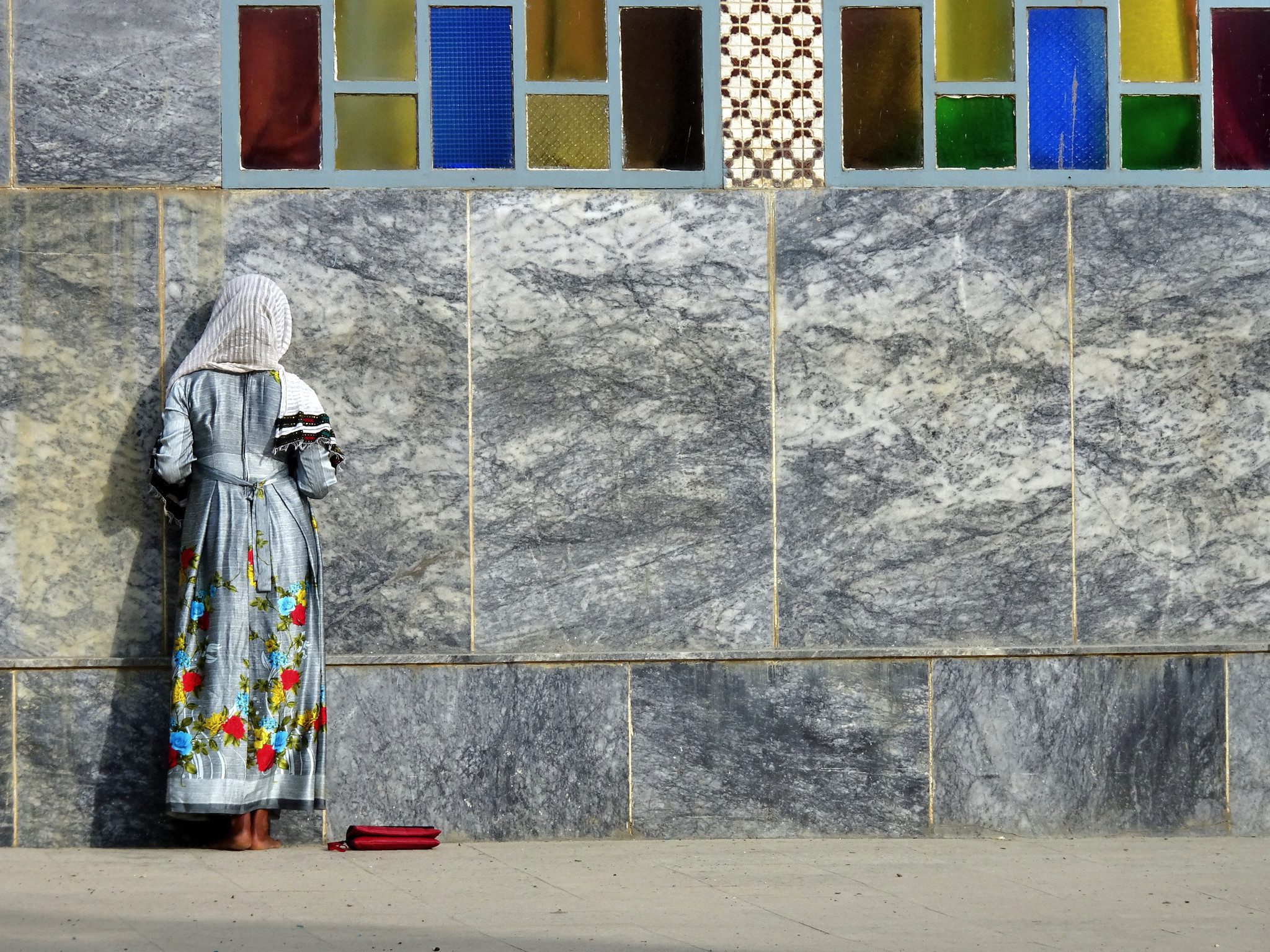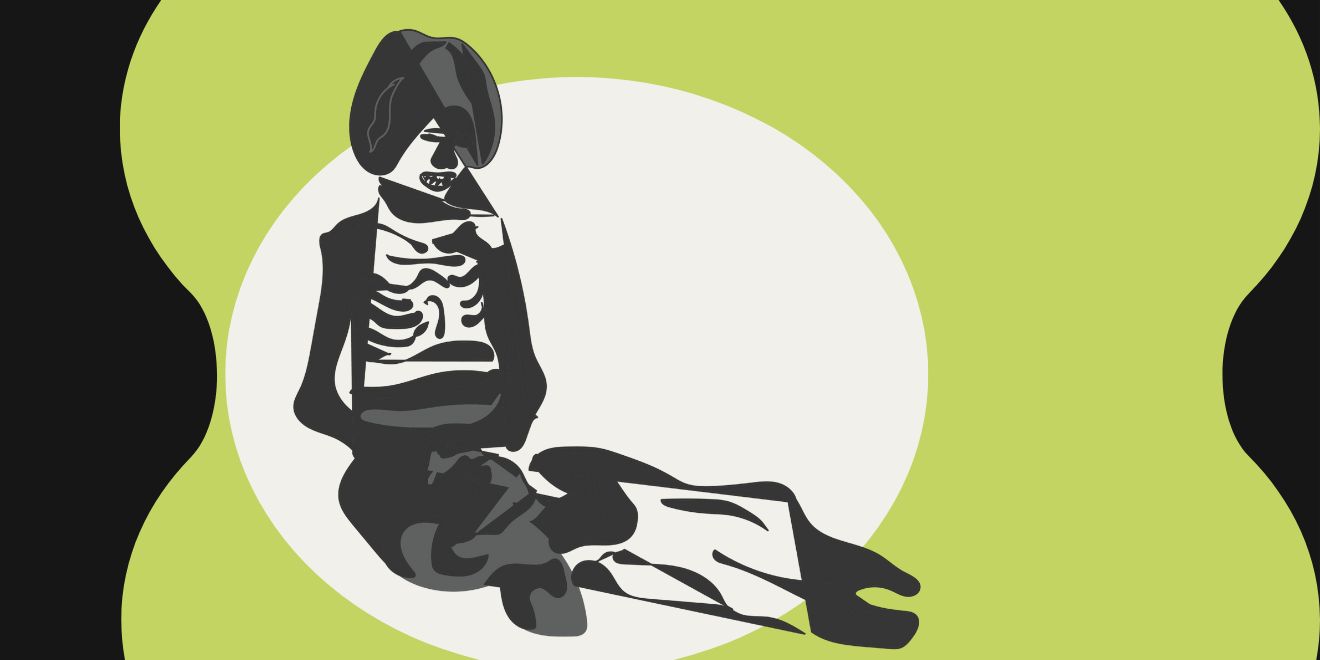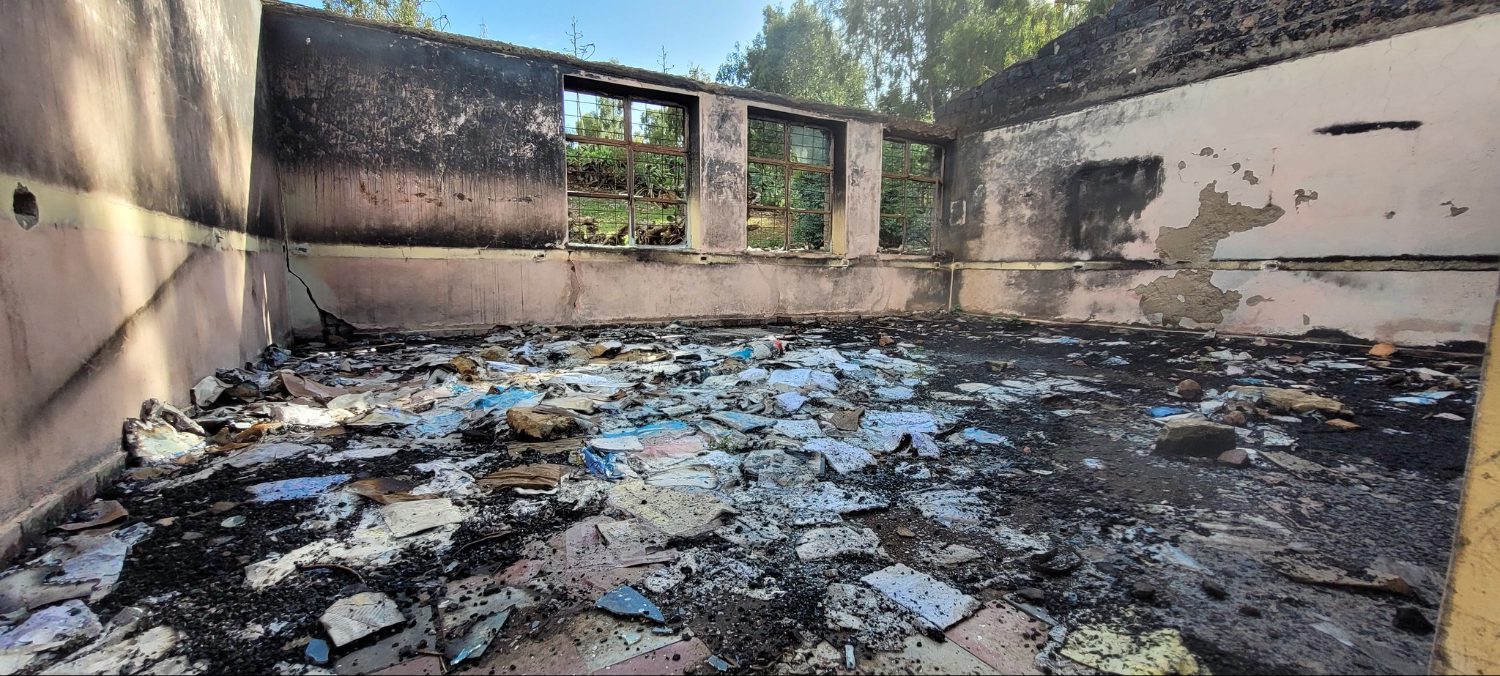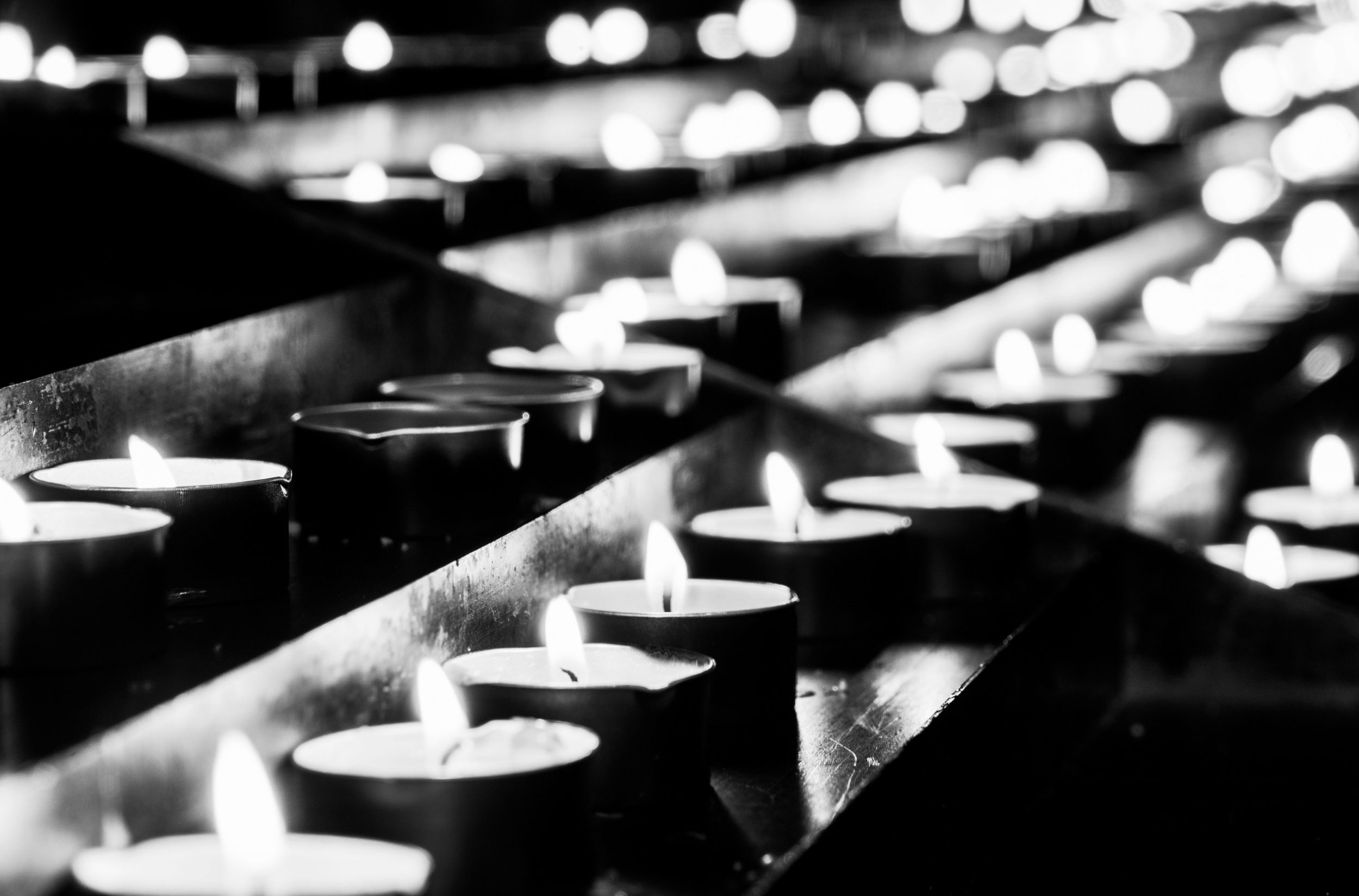This transcript provides testimony from Eyewitness A, a woman originally from Axum, a small city in Tigray, Ethiopia, with a pre-war population of 70,000. Axum is an ancient site, with tall, carved obelisks from the ancient Kingdom of Aksum. It is also home of St. Mary of Zion, an Ethiopian Orthodox church, and the neighboring Chapel of the Tablet which is claimed to contain the Ark of the Convenant. The town is about 70 km south of the border with Eritrea, and 190 km north of the Tigrayan capital, Mekelle.
Eyewitness A moved to the United States many years ago and is an American citizen. In Fall 2020, she returned to Ethiopia to visit her family, whom she had not seen in years, and to participate in religious ceremonies. While in Axum, she witnessed atrocities committed by Eritrean forces following their invasion of the town. After several perilous weeks, she managed to flee the town and return to the United States. We interviewed her in early 2021.
Eyewitness A’s story echoes with details similar to those documented by Amnesty International (“Ethiopia: The Massacre in Axum,” 26 February 2021) and the Associated Press (Cara Anna, 18 February 2021,“’Horrible’: Witnesses recall massacre in Ethiopian holy city”), who have also interviewed eyewitnesses from Axum. The interview was conducted by WPF Research Director, Bridget Conley with Meaza Gebremedhin.
Travel from US to Axum, Ethiopia
Could say when you went to Ethiopia, and where you spent the first couple of days and weeks?
I left the United States on September 6, 2020, arriving in Addis Ababa [the capital of Ethiopia] on September 7, 2020. My flight was cancelled, then they [Ethiopia Airlines] provided me with a hotel. I stayed overnight in the hotel and the next morning, I left to Axum by Ethiopian Airlines in a small aircraft. I arrived, like maybe, I think it was 4 or something late. And then they took me directly to Brana Hotel, they said I had to stay there for 7 days [as a COVID-related precaution]. Then I went to stay at my sister’s house.
Axum was normal. Nothing was going on. Everything was normal; shops were still open, people were going to church, children were going to school. Everything was normal; there was nothing that would give the idea of a war coming.
When did you first hear about the war?
The first time I learned about the war was when my sister’s son came from Humera[i] with his wife, his mother-in-law and his son, who is three months old.
My sister asked him, “why are you here?” Because normally people gather on November 29 for the Axum St. Mary celebration.
He told us about what was happening in Humera and that’s when we learned about the crisis and everything. He told us that they bombed them over there. When it got worse and their house was hit, they came to Axum. He said, you guys seem to be living in peace while we are being killed and tortured. There is war. What war? we asked. No, there is war, there is fighting in the country. We were shocked, we were glad they came in peace and we stayed quiet. We never thought it would come to us, we were just assuming that it’s in Humera only.
After that, they stayed with us. They came empty-handed, I had to give some of my clothes to his wife and his mother-in-law and went shopping for the baby. He had nothing except the t-shirt they had put him in.
Two weeks after their arrival from Humera, a lot more people started flocking to Axum. They were seeking refuge at the church, because they thought it would be a safe place. It is historical, it’s a religious place, so that’s where a lot of people were coming to. People from Adwa, Selekleka, Shire and Humera started to arrive in large numbers
Some of them had family in Axum. Those who have family here went to them; the rest were just in the church, in the street. The people of Axum had to feed everybody; those people were traumatized, they had nothing. Everyone was empty-handed. They had nothing.
One of my brother’s sons went to Sudan. I don’t know if he’s alive or not.
The War Comes to Axum
Can say more about when the armed forces came into Axum?
We went to church, St. Michael Church. That’s when it starts. That was my nightmare. On November 20, I went to church. Everything was normal; I was praying. That’s when I started hearing the bombing and the gunfire.
We never thought it would come to us. But it happened. It came. It started by the airport. The church is close to the Axum airport. They bombed Brana Hotel very badly. When I first arrived in Axum, that’s where I was quarantined. They put me in Brana Hotel. That hotel has been, my God, destroyed.
People said go home. You need to go home. The people at church, everybody was running to go home. Then I started to go home. There were three ladies behind me; one of them had a baby with her. Everybody was just running. Me and, the three of us, three women….
People were dying. You see them dead. The bombs were coming on top of our heads. We don’t know where from. There was shooting. Especially if you were a young man and you were walking fast or trying to get away, that’s it, you’re dead. No joke. You just had to stand where you were. If you don’t do that, that’s it.
An Eritrean soldier came from the side and told us to stop. They searched us and asked for ID. I have an American passport. They asked if we were married. One woman said she’s not married, she, I don’t know she’s divorced. The other one said he never came back, he left for work. I said mine is in America, that’s it. After he checked my passport, he said go just get the hell out of here. Then I went to my sister’s house.
How did you know they were Eritrean?
They have a mark on their shoulder. The tanks also. It says Eritrea. The clothes all have a difference. There is the Ethiopian Defense Force. You know how in Eritrea there are 9 or 8 ethnic groups and one of them they have this sign that they put on their face. It’s like two slashes on their face.They were heavily armed.They were very scary. You could see how they do not trust you. They were fearsome. Oh my God, it was just crazy. We are just women but oh my God.
Once you were able to get back to your sister’s house, how long did you stay?
Oh, I stayed until Sunday.
And during that time, did you see any forces come near the house or could you see anything happening from where you were inside the house?
Yes, ma’am. They knocked on doors. They shot in the house next door. They were shooting. And then the tank. . . the tank was not supposed to go there. That road is not strong. He can’t see at all. It just shook you house. It was scary. The children cry. When they cry, they’ll come and knock on the door. You have to let them in. It was so tough. A very tough time.
When they came to the house, what were they looking for?
Men and weapons. Where is Woyane? I haven’t seen any since I arrived in the country. Military area, I didn’t see anything. That area is a historic place, it’s not supposed to . . . it’s very old. Unfortunately, they don’t care the way they drive. They came with the Mack. It was crazy with a big tank.
So, the government reported that after the army took Axum, TPLF destroyed part of the airport?
No, no, no.
Did you see anything that would indicate—
Nothing. That’s a big lie. TPLF nothing. The day I arrived, there was no military in Axum. There was no TPLF. This makes me sick. That’s what makes me the most sick. These lies aren’t going to take us anywhere. These people are dead for no reason. There is no TPLF there. They’re bleeding my heart because they tell lies, these innocent people were not . . . American passport saved my life. I would be dead. That’s a lie. There is no soldier in there at all.
I’m sorry. I only wanted to ask because you’re one of the few people who’ve seen what actually did happen.
When they lie, how do they see us? Are we not human? Are we not human beings? We were somebody before he was born. We are Axumawiyan[ii]. He doesn’t know anything about us.
Let’s take a minute. I’m so sorry.
It’s ok, it’s not you. I am very sad. My people, I feel shame. Ethiopia has nothing. Ethiopia did not see. Ethiopian people did not see what’s going on in Axum. Oh my God, when I arrived in Addis Ababa, I just wanted to get the hell out of there. That’s it. How could it happen to them like that?
Anytime you want to stop just tell me.
Ok, no problem. Just help them.
[…]
You were telling me that you spent nine days in the house? And you could see from where you were that Eritrean soldiers were going house to house?
Back and forth all over. They were all over. We even had Eritrean people, they are my sisters, daughters, friends, they came from Humera. They fled to Axum to be safe. They said they would take them if they know they are Eritrean. So, they had to come to Axum. They came with my sister’s son from Humera. Many of them. After that, just because they know what’s going on, they came. Eritreans! They can tell the truth too. They came to our house in Axum.
I didn’t leave my sister’s house for a week. We had to look through the window. We were just scared.
During that time period, did you hear gunshots?
Yes. Continuously day and night. On St. Gabriel’s day, night and day. Same thing on St. Michael’s day.
Leaving the House
When did you decide that you needed to leave your sister’s house?
St. Mary’s day was quiet. Monday was St. Mary’s day, the yearly festival. I had to go take communion.
Thank God you made it home, don’t go to church anymore, that’s what my sister’s daughter said. On Sunday they told me not to go, but I said no. I took my clothes and I went.
And then, the whole street was full of bodies. Full of bodies. That’s when I saw the bodies. When I was going to church. That’s where I was born actually, near St. Mary’s. My family lives there. That day I went through four different checkpoints by different Eritrean soldiers. That’s the time I saw all the bodies.
They had collected the bodies near St. Michael’s. Near the bus station, I think those were all killed there. They were many. All the way to Axum Park. I don’t know how many kilometers it is but it’s long. One here, two here, there there. The rest were like eight or six bodies together making a line.
I was stopped and searched four times. The last time was when a military official shot in the air to stop me. I told him I had already been stopped three times and why do you need to check me? He told her to come here and shot in the air. There were three other women like her, one of them had something to eat, food, packed and she told him that it was food but still he threw it on the ground.
I stayed long in the church. Maybe I think three weeks. Yeah. Three weeks. I wasn’t recording everything exactly but between two and three weeks I was at church. Because I couldn’t walk in the street, you have to stay there and pray. I was there for communion.
I had to stay there because I had a nun, a young lady about my daughter’s age. She’d been helping. She was carrying the bodies from uphill from St. Mary’s. She’d bring them and wash them and we call it Geneza, she did that. There were five of them, one guy and four girls. They would bring the bodies and bury them at the church where I was. I wanted to cry with them and see everything.
Everybody was crying. What food do we have to remember? Nobody really cared about food. There was no food too. There was nothing. What was there was kolo[iii], and corn to boil. That was it.
Those nuns that would carry the bodies, a few deacons and the church administrator. Two of them were buried at Iyesus Church.[iv] The rest were buried at Arba’ata Insisa Church.[v] The rest were eaten by hyenas and vultures.
The bodies stunk. It smelled bad. The priest went there and asked please we need to bury them. Half leg, half arm. Whatever was left over from the hyenas. If you were lucky, somebody would grab you, hiding, to bury you but that’s it.
When was the first time you remember seeing Ethiopian national military and police forces?
After they killed us. Everything was controlled by Eritreans. After they finished.The Defense Forces came in the end, after the killing ended. After the 19th . . . we had a lot of people dead. We had the worst killing, especially the 19th…it was the whole night, it never stopped. It’s, oh my God. Day and night, continuously.
I saw Ethiopian forces on the 29th and they were saying they were there to bring peace for St. Mary’s celebration, which is on November 30th.
The national military was nice. We came to protect you guys, they said. They were nice. The bad one, the arrogant, evil ones were the Eritrean soldiers. The second were the federal police. So it looked like they were told don’t protect them. You can see it in how they look at you. You can read it in their eyes. Who’s really going to kill us, who’s really sad.
Did you see or hear anything in Axum that made you think other abuses were happening?
Yeah. Yeah, my God yeah. When I was leaving, when I was looking for transportation, they said you can go to Mekelle. We have to look for people who have a car and we can go. By the airport area, raping them. They were very religious women. Why? They were begging. And that made me cry.
One girl was crying. I met when I was looking for a car. She was crying saying go, go. Just go, don’t be looking around here, they might kill you.
Why close the roads? Why cut off the phones? They can’t drink water. They went to St. Yared’s area and killed priests because they didn’t want to slaughter sheep for them. It was fasting time, they could not do that. Just killed them. You don’t even do that to animals.
You saw this yourself?
Yes. On our way. What is the screaming? It would drive you crazy. I saw soldiers burning crops…
Leaving Axum
Eventually you found a way to get to Mekelle — how long did it take you to get there?
One day. We left at 5:30 in the morning, he waited for us in the bus station. We got on. There were others. We went to three places. Three houses. He picked them up and that was it. Sixteen times we went through checkpoints.
Who was at the checkpoints? What forces?
Federal Police. All of them.
The checkpoints start at the Axum airport all the way until you get to Meqelle. You have to be checked 16 times. They said ‘she has a lot of gold.’ They wanted to take it, no you cannot take that. She said she was going to take my jewelry. I said no, I have to give this to somebody. I have a receipt. If you are going to take my jewelry, you have to give me a receipt. You have to. What’s your name? I am a United States citizen, I won’t allow you. Everybody was saying be quiet, they’ll kill you. No! Let them shoot me, they cannot take my stuff.
Then the soldier called another and he was from Amhara tribe, he was very nice to be honest with you. He told them not to touch personal belongings. Don’t touch it, give it to her please. Then they gave it to me. I told the other two I need their names. They were Federal Police. I’m going to America; I’m an American citizen. I will not allow you take it. I’m going to take your picture; I have my phone already charging, I’m going to take your picture. I’m not going to allow it. After that, he said give it to her and they gave it to me.
So much trauma, believe me. I was not getting enough rest to remember everything. I’m trying to avoid the trauma but so many things happened.
When I arrived, the way they checked me at Ethiopian Airlines also. They vandalized my stuff, everything. I thought I was finished. I am Ethiopian too, what are you doing? They said you have to be checked; I didn’t say don’t check me. You just do it properly please. Then I started speaking English, the whole world was there, international people were there. I wanted them to listen. I have to tell the world what is going on here. I’ve been through so much already.
You described being harassed, trying to take your belongings. Did you see anything else? Other forms of harassment?
Yes. One young man, after some people got off. We picked up two brothers going to Frewoini, a town. One didn’t have his ID. At the checkpoint, where is your ID? They took him and hit him with butt of the gun. On his head, he was kneeling, they beat him and beat him. ‘You thief, it’s your kind that are troubling us.’ It was sad. He cried. His brother cried. We comforted him.
Do you remember where you picked them up?
Not far from Frewoini. I don’t speak Tigrigna very well. They harassed me for this, one of the Eritrean soldiers.
So when you made it to Mekelle, who was in control there?
There was no Tegaru.[vi]
How long did you stay in Mekelle?
Right away, I got my ticket and got out. Immediately. I spent the night and left.
Did you face any harassment at the airport?
No, it was fine.
I got harassed in Ethiopian Airlines when I entered Addis Ababa. Because some guy was helping me, he’s from England, he said let me talk to her. They checked my stuff like I was doing something. Throwing it like a raisin. I didn’t even bother. I didn’t say anything. They opened my luggage. They acted like I didn’t want to get checked.
Did you stay in Addis or did you leave immediately?
I got to Addis on Wednesday and left on Saturday.
[i] Small town the western corner of Tigray, near the border with Eritrea.
[ii] People from Axum.
[iii] A traditional Ethiopian snack, made from roasted grains, chickpeas and sunflower seeds.
[iv] Also written as Enda Eyesus (Jesus) Church.
[v] Also written as Arba’etu Ensessa Church.
[vi] ‘Tegaru’ is a term for people from Tigray (synonymous with “Trigrayan”). In this context, Eyewitness A refers to leadership of the TPLF, who had vacated Meqelle by the time she arrived in the Tigrayan capital.



